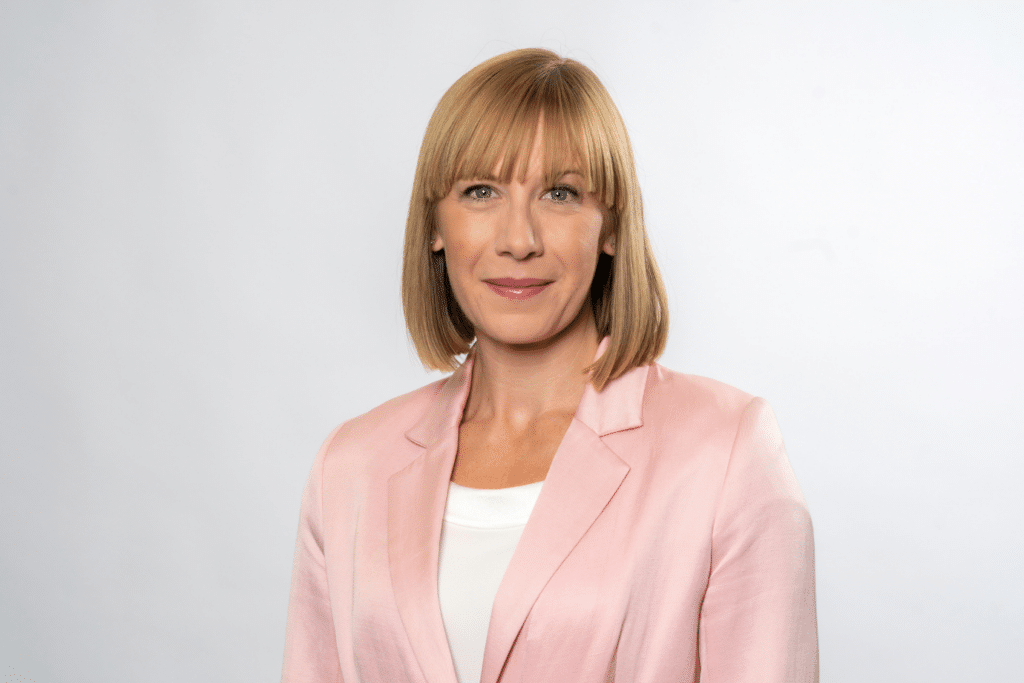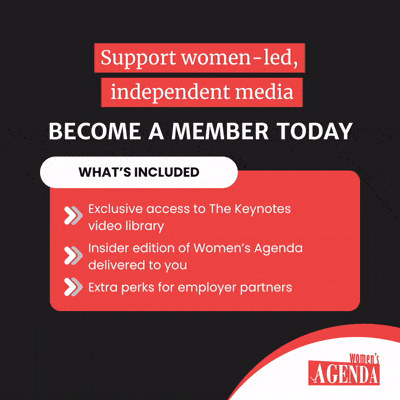Everyone can relate to those first day nerves when you start a new job. You wonder what your colleagues will be like and how quickly you will get up to speed.
Most of us probably haven’t had to worry whether we will have access to a toilet or other basic facilities at our workplace, but in 2024 this remains the reality for many women working in construction.
Often described as the most male-dominated industry in Australia, women make up just 12 per cent of the workforce and less than four per cent of on-site roles. Just ten per cent of heads of business in construction are female, and the industry has a massive 30.6 per cent gender pay gap – women earn $7.72 for every $10 paid to men.
The Electrical Trades Union and National Association of Women in Construction among others report a lack of workplace facilities is consistently raised by women as a barrier to working in the construction sector.
The safety and quality of the buildings and infrastructure delivered by the construction sector rightly get a lot of attention. But the safety of these worksites is equally important. Appropriate facilities and positive culture are a huge part of that.
Construction is a booming sector in Australia, and it is an industry with lots of opportunities. Major projects continue to be rolled out, and higher than average salaries are on offer. But rates of female participation in the construction industry have not budged since the1980s.
A lot of work has been done to ensure women are aware of career opportunities in male dominated industries like construction, but once we’ve attracted women to this sector, how do we keep them? Rigid work hours, macho or sexist cultures, exclusion, gendered violence and inadequate work facilities and equipment have all been identified as factors in the low numbers of women in construction.
All these aspects combine to communicate to women on site ‘you don’t belong here’. Frameworks like the Culture in Construction Standard being championed by state and federal infrastructure and transport ministers send an important signal to employersthat government expects industry to provide safer, more equitable work environments. It’s how this standard translates into a shift in attitudes and practices on worksites
where we can have the biggest impact.
Hearing from women about poor conditions and lack of access to dedicated amenities, particularly across many of our regional and outer metropolitan road maintenance depots, is very concerning. Many of the toilets at depots are not fit for our female staff, meaning women are being denied a basic human right, and regularly need to leave their workplace to go searching for appropriate amenities. The facilities also often lack showers and change rooms. This is clearly unacceptable and continues to be a huge barrier to recruiting and retaining female frontline workers.
That’s why my department is undertaking an audit across Transport, which represents a $62.9 billion capital program over the next four years, to ensure we are providing equitable workplaces. We have reviewed all 70 depots across the state to develop a program of works that will upgrade all sites to have dedicated female amenities, with improvements at 27 sites already completed.
This year, we’re investing more than $10m to upgrade an additional 15 sites at locations from Bulahdelah to West Wyalong for female toilets, showers and change rooms, as well as male, unisex and accessible amenities, to be truly inclusive.
This is not just about loo upgrades. This is an important step in helping all our workers feel respected and valued, listening to what women are calling out for, and showing our commitment to equitable workplaces.
Through practical actions like this, we can start turning around the stubborn underrepresentation of women in construction and access an untapped talent pool to deliver the infrastructure and services NSW needs.
Image: NSW Transport Minister Jo Haylen.


